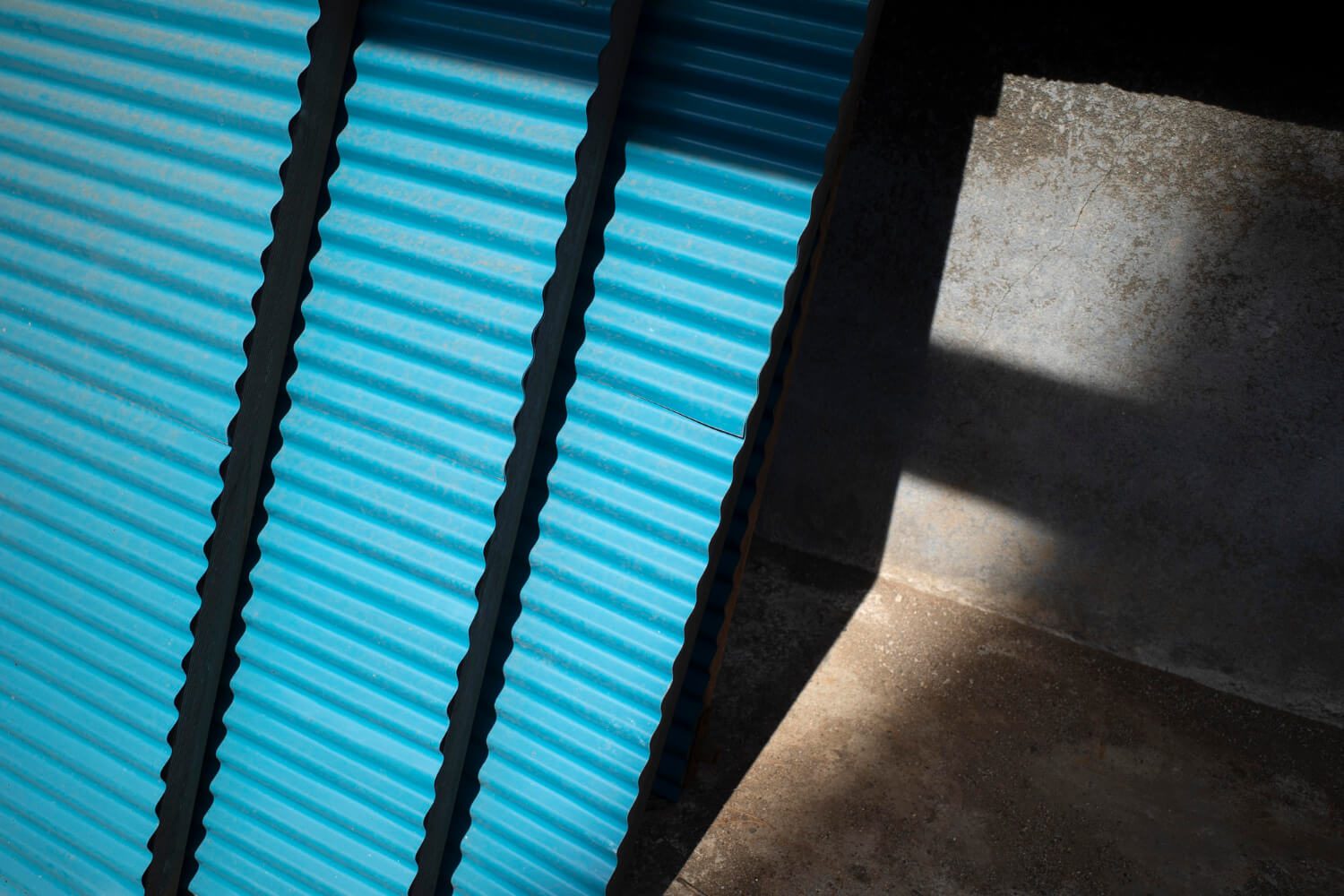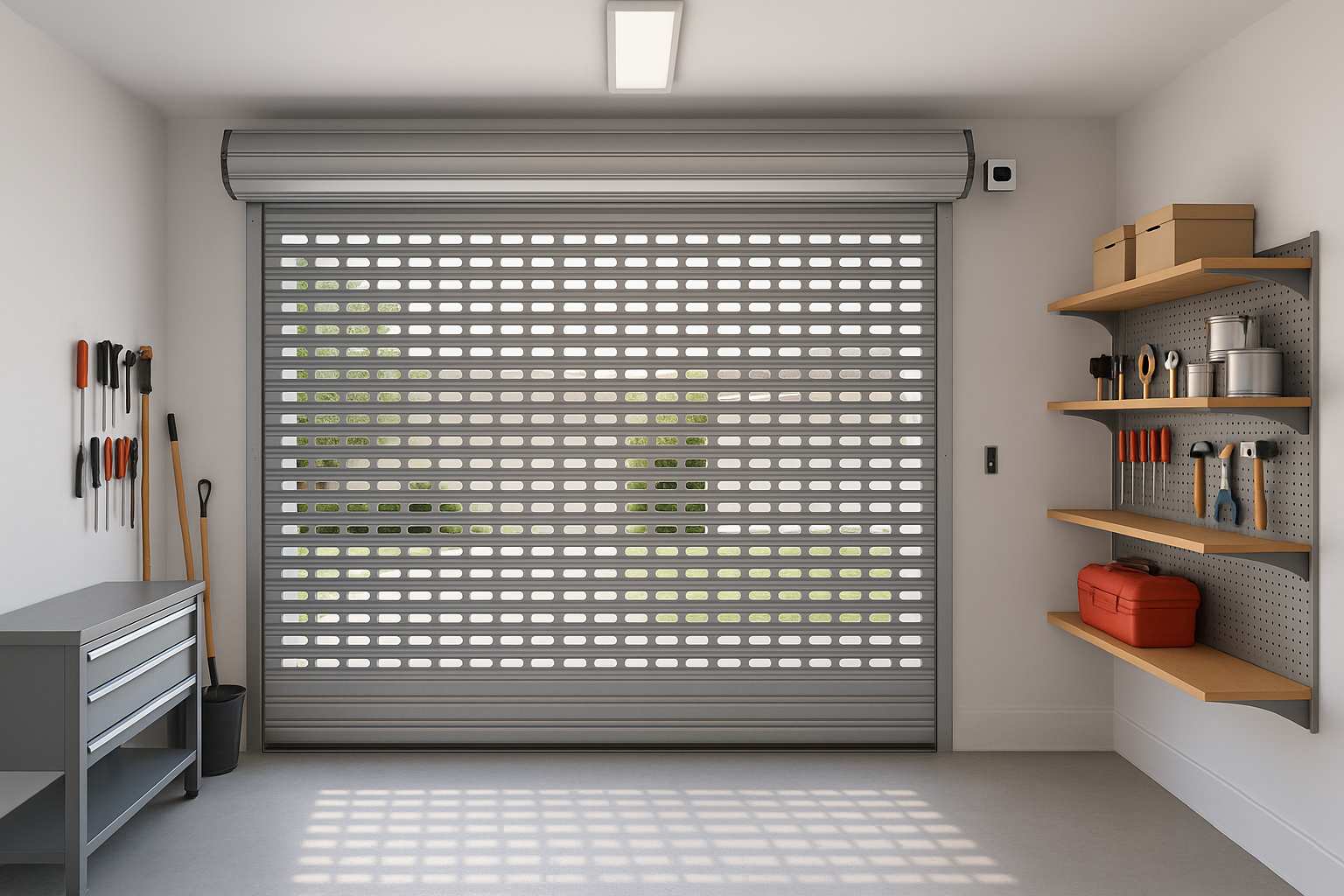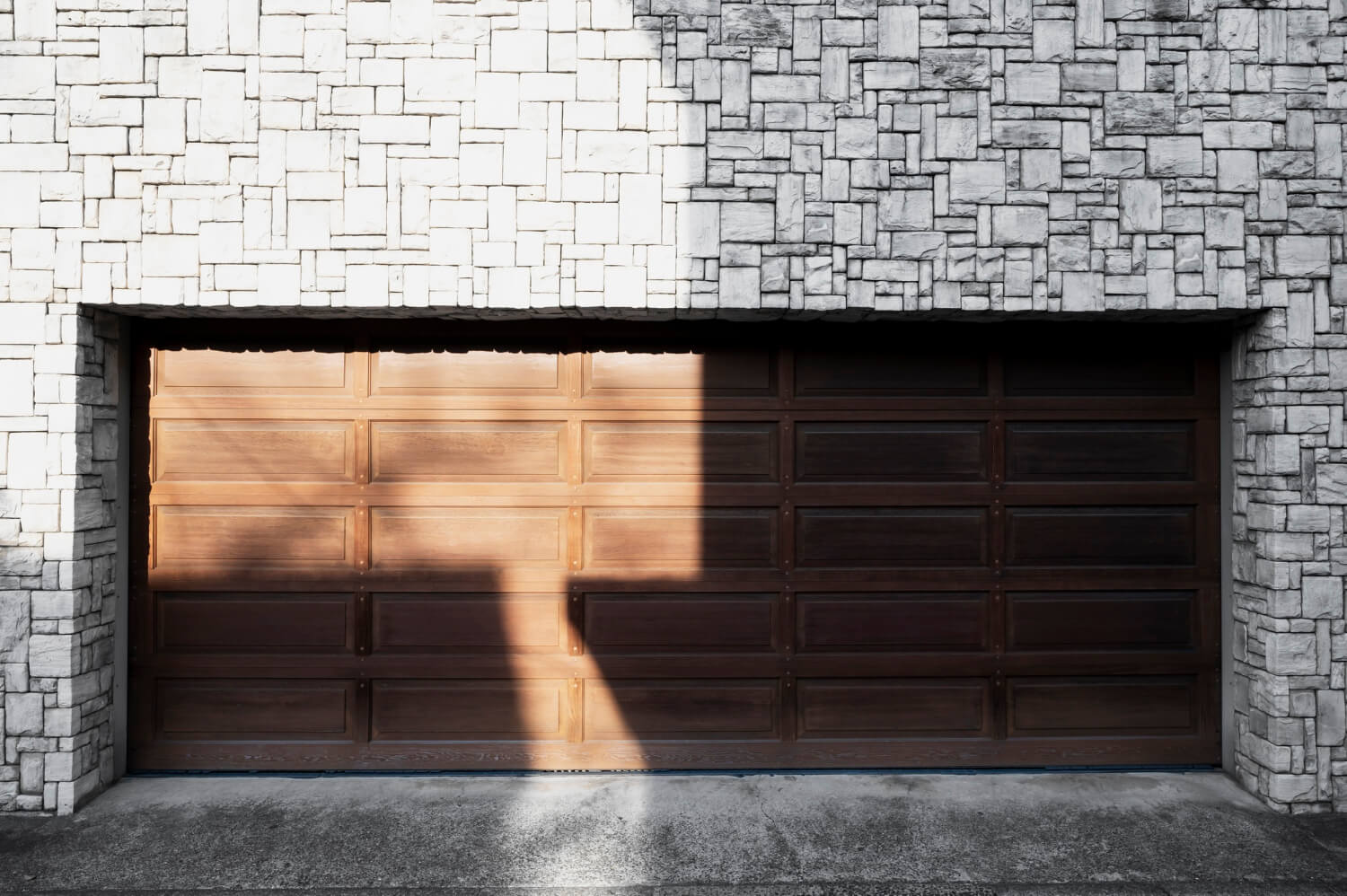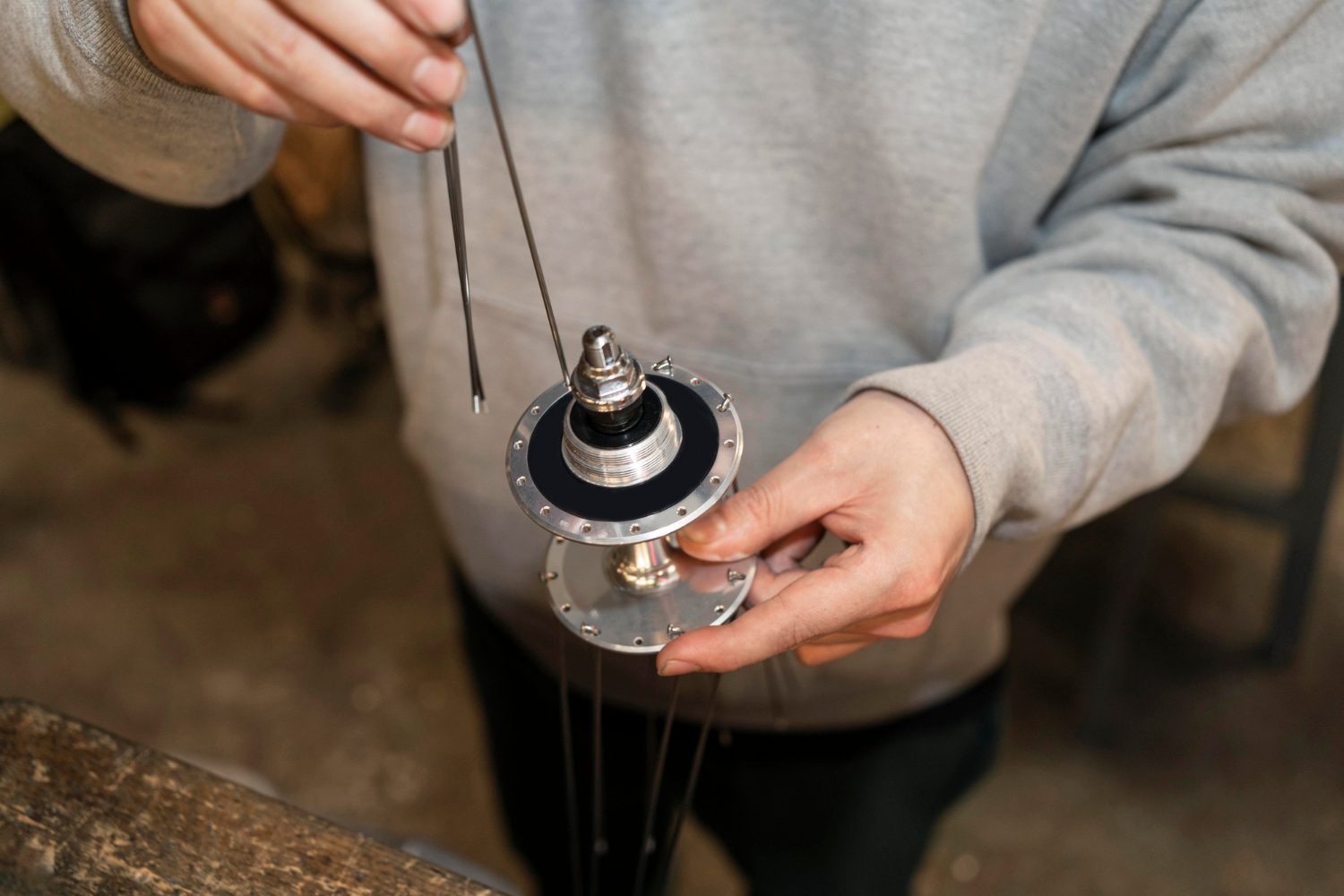A good night’s sleep is crucial, especially if you’re working shifts or happen to be a light sleeper. If a noisy garage door disrupts your sleep, then choosing the right material can make all the difference. By selecting a garage door for home that suits your needs, you can create a quieter home environment. Let’s dive into the world of garage door materials to help you make the right choice.
Understanding the Role of Garage Door Materials in Noise Reduction
The material of your garage door significantly impacts its sound qualities. A garage door that dampens noise not only ensures peace inside your home but also contributes to thermal insulation. From steel and wood to fiberglass and vinyl, each material comes with its own set of characteristics that can either amplify or reduce noise.
Factors to Consider
When it comes to selecting garage door materials, consider the following:
- Durability: How long will the material last under different weather conditions?
- Maintenance: What are the regular upkeep demands?
- Insulation: Does the material naturally insulate or require additional features for noise reduction?
- Aesthetic Appeal: Will it match the style of your home?
Types of Garage Door Materials
Steel Garage Doors
Steel is a popular choice among homeowners due to its toughness and value for money. For those eager to reduce noise, steel doors can be equipped with layers of insulation to muffle sound.
- Pros: Durable, low maintenance, and available in varied designs. They offer excellent noise reduction when insulated.
- Cons: Can rust in salty conditions and may be dented without regular care.
Wood Garage Doors
Wood doors are timeless and add a touch of elegance to your home. They are naturally good sound insulators, which is perfect for noise reduction. However, wood requires dedication in terms of maintenance.
- Pros: Attractive and customizable, with great natural insulation properties.
- Cons: High maintenance and susceptible to warping or rot in variable climates.
Fiberglass Garage Doors
While fiberglass offers a wood-like appearance without the high upkeep, its noise-reducing capabilities aren’t as impressive as other choices. It works well with additional insulation.
- Pros: Low maintenance and resistant to rot. Allows natural light into the garage.
- Cons: Brittle and may not withstand harsh impacts.
Aluminum Garage Doors
Aluminum doors, known for a contemporary look, are lightweight and rust-resistant, ideal for homes in humid environments. However, aluminum lacks inherent soundproofing qualities.
- Pros: Corrosion-resistant and easy to customize.
- Cons: Less durable; additional insulation might be necessary for effective noise reduction.
Vinyl Garage Doors
Vinyl is all about durability and minimal upkeep. With an effective insulation layer, they are great for noise reduction.
- Pros: Lightweight, tough, and resistant to dents and scratches.
- Cons: Limited in colour choices and not as robust as steel or wood.
Wood Composite Garage Doors
This new-age material blends wood with composite for lower maintenance. They’re good at reducing noise when equipped with insulation.
- Pros: Low maintenance, resilient, and appear like real wood.
- Cons: Heavier than traditional options and can be more costly.
Optimising Your Garage Door for Noise Reduction
Consider Insulation
Look for garage doors that offer polystyrene or polyurethane insulation layers. Not only do these materials improve energy efficiency, but they also significantly reduce noise.
Weather Sealing
Proper weather seals around the door edges can help in blocking noise from seeping into your living space. Ensure there’s adequate sealing at the bottom of the door to minimize sound vibration.
Soundproof Panels
For homes in particularly noisy areas, additional soundproof panels can be installed inside the garage door itself. These panels dampen vibrational sounds, making them barely noticeable.
Selecting the Best Material for Your Needs
Start by evaluating your climate needs: For coastal areas, aluminum and vinyl resist humidity but may need insulation for noise. In colder climates, steel and wooden doors are better at managing temperature extremes while naturally insulating sound.
For those focused on the garage door materials suited to quiet environments, consult with garage door technicians for expert advice tailored to your home setup.
Conclusion
The path to a restful night starts with selecting the right garage door materials. By recognising noise-reducing and insulating properties, you can choose a material that not only meets your aesthetic and functional needs but also creates a tranquil home environment.
Are you still unsure? It’s always a good idea to consult a professional who can provide specific recommendations based on your needs. They can help guide you through the selection process, ensuring you embrace the best of both worlds: style and serenity.






